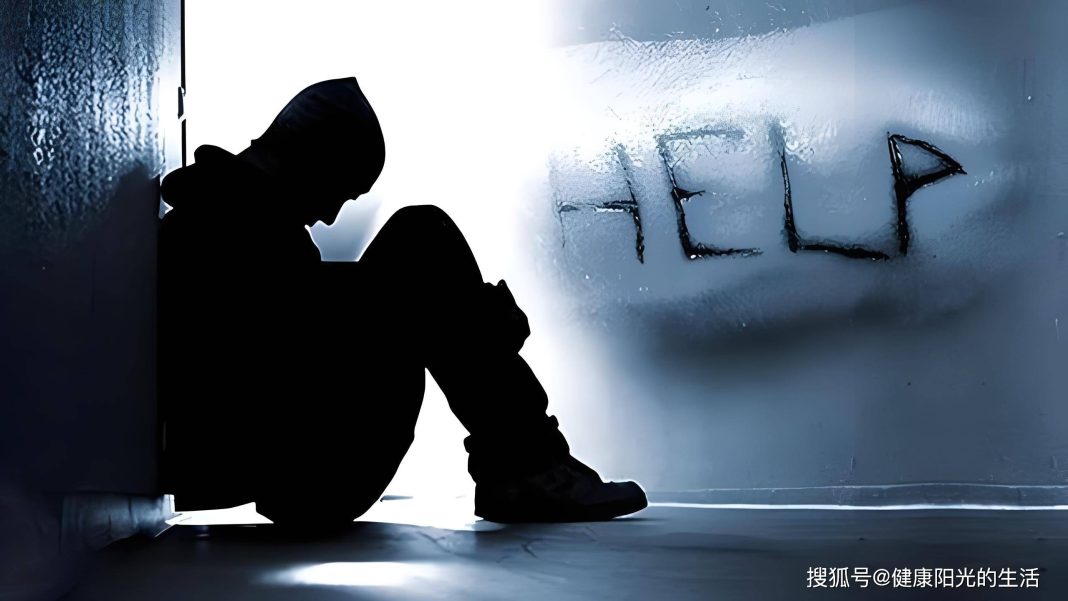Depression, a term we are becoming increasingly familiar with, encompasses the unseen pain of many individuals. Depression not only affects patients’ emotions and behaviors but also deeply troubles their daily lives, particularly in terms of sleep. Many patients often find that they can easily fall asleep during the day but struggle to do so at night, tossing and turning. This contradictory sleep pattern leaves them feeling confused and helpless.
Recently, I came across a post on social media by a person suffering from depression, describing her 11-year battle with the condition: “During afternoon naps, I can fall asleep quickly, for about half an hour to an hour, but at night I just cannot sleep at all, relying on sleeping pills for so many years.” These words are filled with pain and helplessness, provoking deep thought about what causes this reversal of sleep patterns.
Morning heaviness and evening lightness: Typical symptoms of depression
It is important to understand that patients with depression often experience a symptom known as “morning heaviness and evening lightness.” This means that their mood is generally low and their mental state poor in the morning and during the day, while their mood seems to improve slightly at night. Due to the emotional stress and psychological burden accumulated during the day, their bodies and minds can briefly relax during afternoon naps, making it easier for them to fall asleep.
However, at night, the fatigue from the day seems to ease, and patients become more alert. This evening “lightness” is not true relaxation; rather, it is a psychological defense mechanism where patients attempt to delay sleep. They fear facing the heaviness and pain of the morning upon waking, leading them to subconsciously resist falling asleep, which results in difficulty sleeping at night.
Social pressure and disruption of the biological clock
The high-pressure lifestyle of modern society is another major reason for insomnia in depression patients. During the day, under multiple pressures of society, work, and life, patients feel mentally and physically exhausted, making it easy for them to fall asleep quickly during afternoon naps. The brief recovery after napping results in an “overly” alert mental state at night, making it even harder to fall asleep.
At the same time, the biological clock of patients with depression is often disrupted, leading to an abnormal circadian rhythm. This disruption causes them to feel excessively sleepy during the day but unusually awake at night. Such chaos in their circadian rhythm exacerbates their insomnia issues, trapping them in a vicious cycle that is difficult to escape.
Nighttime vigilance and inner anxiety
The quiet environment at night allows depression patients to confront their inner selves and the suppressed emotions and fears of the day. Depression patients often experience inexplicable anxiety and unease at night, preventing them from relaxing and maintaining a heightened state of alertness, fearing that once they fall asleep, they will be engulfed by the negative emotions in their dreams.
This vigilance stems from the patient’s resistance to their deepest fears; they dread reliving the pain they have been trying to avoid during the day while dreaming. To avoid these emotional onslaughts, patients choose to stay awake, sometimes even forcing themselves to not fall asleep, which further worsens their insomnia issues.
Dependence on medication and the vicious cycle of insomnia
Under the prolonged distress of insomnia, depression patients often rely on sleeping pills to help them sleep. However, the effects of medications are only temporary; long-term use of sleeping pills may lead to dependence and even disturb the patient’s biological clock, making it more difficult to sleep without medication.
This reliance on drugs makes it increasingly difficult for patients to sleep at night, while daytime fatigue makes it easier for them to nap, further exacerbating their insomnia at night. This vicious cycle hinders patients from returning to normal sleep patterns, worsening their insomnia issues.
Breaking free from the dilemma of insomnia: Seeking the light of dawn
Faced with such a complicated sleep…


